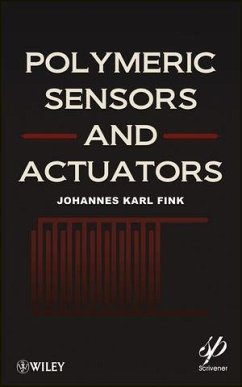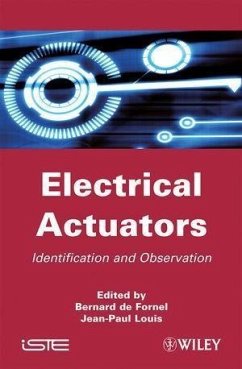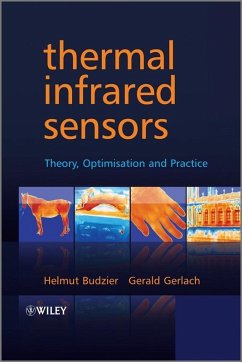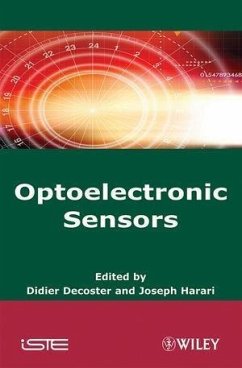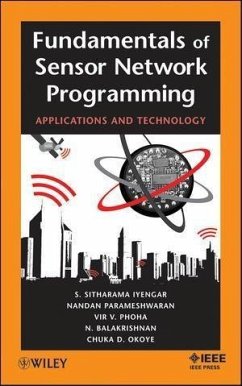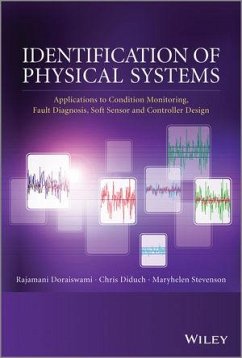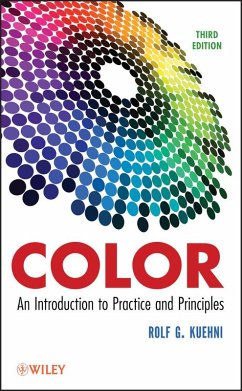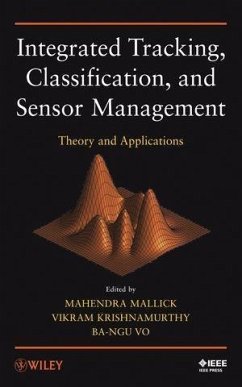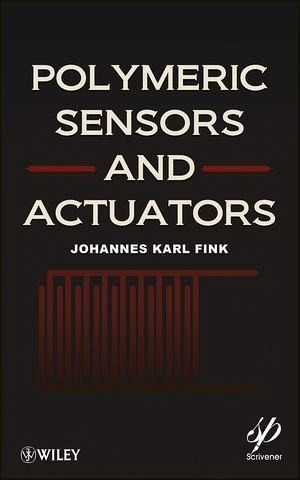
Polymeric Sensors and Actuators (eBook, ePUB)
Versandkostenfrei!
Sofort per Download lieferbar
186,99 €
inkl. MwSt.
Weitere Ausgaben:

PAYBACK Punkte
0 °P sammeln!
The book exhaustively covers the various polymers that are used for sensors and actuators from the perspective of organic chemistry. The field of polymeric sensors and actuators is developing very rapidly as newly derived polymer materials are suitable for sensor technology. This book uniquely and comprehensively covers the various polymers that are used for sensors and actuators. The author has researched both scientific papers and patents to include all the recent discoveries and applications. Since many chemists may not be very familiar with the physical background as well as how sensors op...
The book exhaustively covers the various polymers that are used for sensors and actuators from the perspective of organic chemistry. The field of polymeric sensors and actuators is developing very rapidly as newly derived polymer materials are suitable for sensor technology. This book uniquely and comprehensively covers the various polymers that are used for sensors and actuators. The author has researched both scientific papers and patents to include all the recent discoveries and applications. Since many chemists may not be very familiar with the physical background as well as how sensors operate, Polymeric Sensors and Actuators includes a general chapter dealing with the overall physics and basic principles of sensors. Complementary chapters on their methods of fabrication as well as the processing of data are included. The actuators sections examine the fields of applications, special designs, and materials. The final chapter is dedicated to liquid crystal displays. The book concludes with four extensive indices including one special one on analytes to allow the practitioner to easily use the text. This comprehensive text examines the following sensor types: * Humidity Sensors * Biosensors * Mechanical Sensors * Optical Sensors * Surface Plasmon Resonance * Test Strips * Microelectromechanical (MEMS) Sensors * Piezoelectric Sensors * Acoustic Wave Sensors * Electronic Nose * Switchable Polymers
Dieser Download kann aus rechtlichen Gründen nur mit Rechnungsadresse in A, B, BG, CY, CZ, D, DK, EW, E, FIN, F, GR, HR, H, IRL, I, LT, L, LR, M, NL, PL, P, R, S, SLO, SK ausgeliefert werden.



